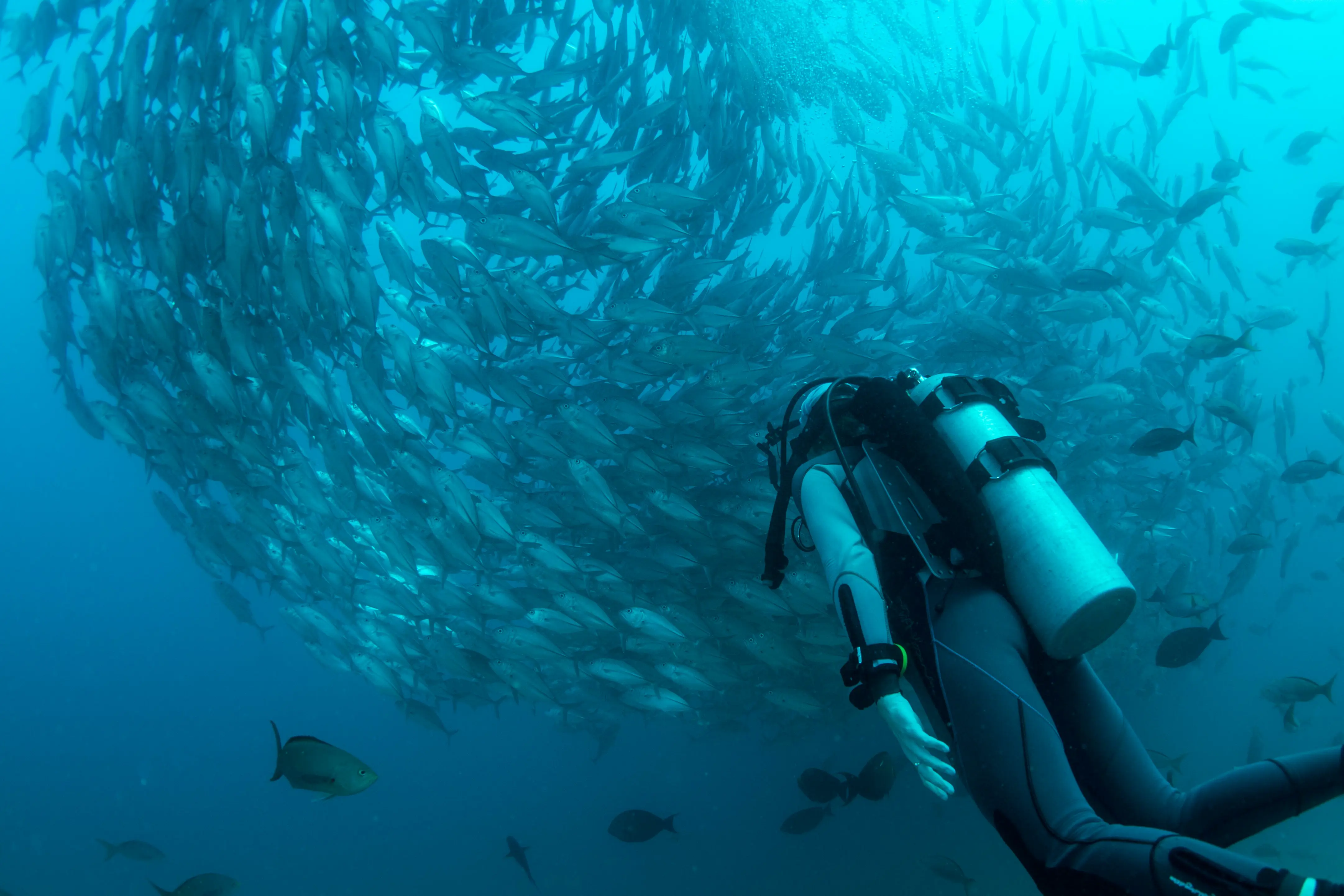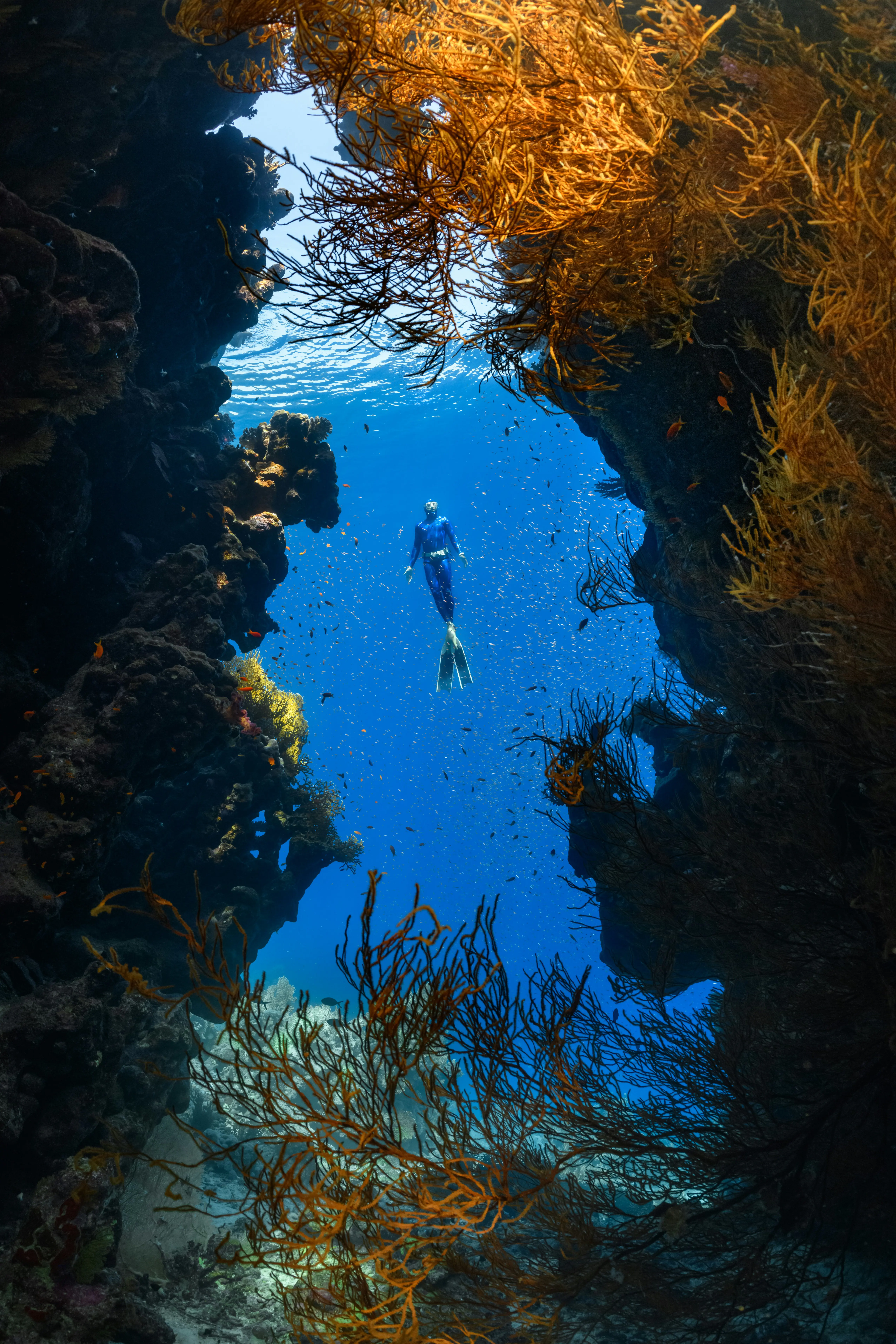This Underwater Forest Has Thrived for Decades. Now It’s Sending a Warning

Beneath the surface of the Gulf of Maine lies a lush, otherworldly forest, one of the last of its kind in the Atlantic. But when scientists from Brown University plunged into its depths this summer, they discovered startling changes that may signal growing instability in marine ecosystems.
Led by marine biologist Jon Witman, the expedition returned to Cashes Ledge, a rugged underwater mountain range 80 miles off the New England coast. The site is renowned as a biodiversity hotspot, home to dense kelp forests, rare fish, and vibrant coral communities. For over 30 years, Witman and his team have documented the shifting seascape, but this year’s findings were unexpected, and deeply concerning.
“Some species are thriving, others are vanishing, and the entire ecosystem feels like it’s on a knife’s edge,” said Witman. “We’re seeing rapid, directional change.”

Their research dives revealed newly abundant sea stars and invasive tunicates, while populations of familiar invertebrates like urchins and anemones had noticeably declined. The kelp itself, giant and golden, remains intact, but researchers worry that changing ocean temperatures and currents may soon disrupt this balance.
The kelp forests of Cashes Ledge act like underwater rainforests, absorbing carbon, protecting coastlines, and providing critical habitat. Yet they are also incredibly sensitive to environmental change, especially in a region like the Gulf of Maine, one of the fastest-warming bodies of water on the planet.
This dynamic makes Cashes Ledge a natural laboratory for climate research. “What we see here could be an early warning for what’s coming to coastal ecosystems around the world,” Witman explains.

The Brown team is pushing for stronger protections and continued monitoring of the area, which currently has only temporary fishing restrictions. Despite being so biologically rich, it lacks permanent federal conservation status.
“It’s easy to forget what we can’t see,” said Witman. “But what’s happening under the waves should concern all of us.”
As ocean ecosystems shift with unprecedented speed, long-term data like this becomes crucial, not just for scientists, but for global conservation efforts. The silent changes unfolding in places like Cashes Ledge are part of a bigger story: one of resilience, vulnerability, and the race to understand our oceans before it’s too late.